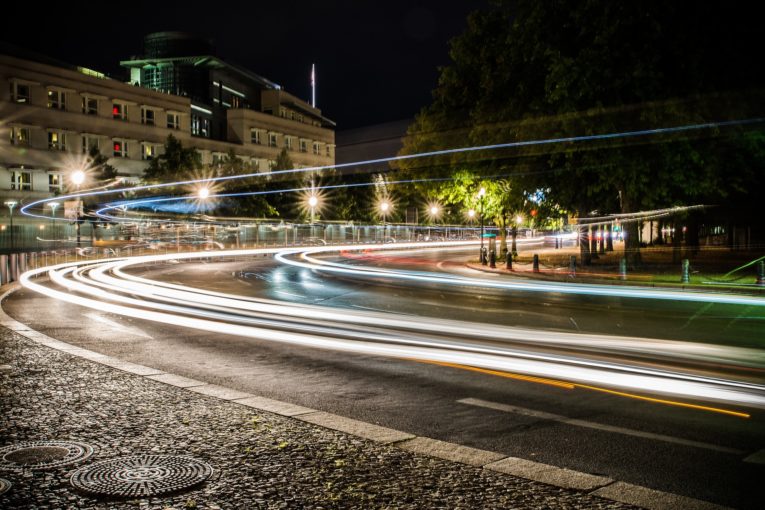Clearly, governments and automotive companies need to find ways to make driving safer. Connecting cars to smart cities could offer one of the best approaches to curbing accidents and fatalities.
Smart cars can already communicate with each other to make sure they maintain safe distances and speeds. Connecting smart cars to an infrastructure would make this feature even more effective by distributing traffic evenly and giving cities simpler ways to track dangerous drivers.
A flawless technology won’t emerge within the next few years, so drivers can still expect accidents. Connecting cars and city infrastructures, however, could make it easier for first responders to reach accident victims quickly. In many cities today traffic lights are controlled and switched so medics and other first responders are
given right of way.
It will take some time for cities to build infrastructures that communicate with connected cars and some analysts are suggesting these technologies will be mainstream by 2020.

Comments are closed.